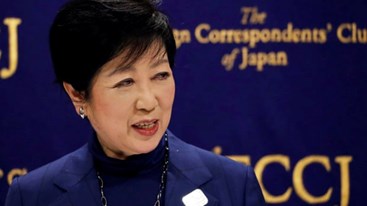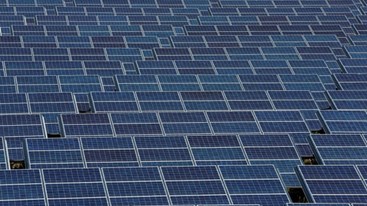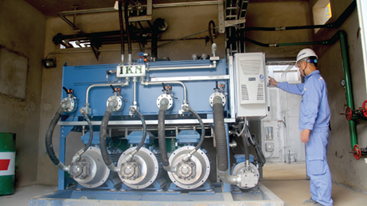Saturday, 27/07/2024 | 11:31 GMT+7


Japan's Long-term Strategy under the Paris Agreement - Industry: “For the heat demand in low-temperature such as steam and hot water, utilizing electrification technologies including heat pumps and electric heating wires would be a relevant option for decarbonization.” - Building: “…, the Government aims to achieve the sector coupling of electricity, heat, and mobility in general, using electrified vehicles, heat pump-type water heaters fuel cells and cogeneration, …”, “… improvement of heat energy efficiency such as heat pump.”, “The Government will also look into the potential flexibility of heat storage type air-conditioning equipment, heat pump water heaters in facilities with large demand for hot water supply, ” |












.jpg?w=367&h=206&mode=crop) Notice for Contracts award for Support to Industrial Enterprises for Energy Audits and Preparation of Feasibility Studies (Package No. C2.2.4)
04/06/2024
Notice for Contracts award for Support to Industrial Enterprises for Energy Audits and Preparation of Feasibility Studies (Package No. C2.2.4)
04/06/2024
 Training Courses for Energy Managers and Energy Auditors
Training Courses for Energy Managers and Energy Auditors
 Vietnam Energy Outlook Report – Pathway to Net Zero
Vietnam Energy Outlook Report – Pathway to Net Zero
 Long Son Cement saves 30% of electricity consumption thanks to heat recovery
Long Son Cement saves 30% of electricity consumption thanks to heat recovery
 Expression of Interest: C2.1.15: Development of Energy-Efficient Technology Catalogs for the Industrial Sector
Expression of Interest: C2.1.15: Development of Energy-Efficient Technology Catalogs for the Industrial Sector
 Optimizing Compressed Air Systems for Southern Industrial Enterprises
Optimizing Compressed Air Systems for Southern Industrial Enterprises
 The Ministry of Industry and Trade Review the Energy Efficiency and Conservation activities in Lao Cai.
The Ministry of Industry and Trade Review the Energy Efficiency and Conservation activities in Lao Cai.
 EOI Extension: C2.2.2: Review and update for current EE benchmarking for 2 sub-industrial sectors
EOI Extension: C2.2.2: Review and update for current EE benchmarking for 2 sub-industrial sectors